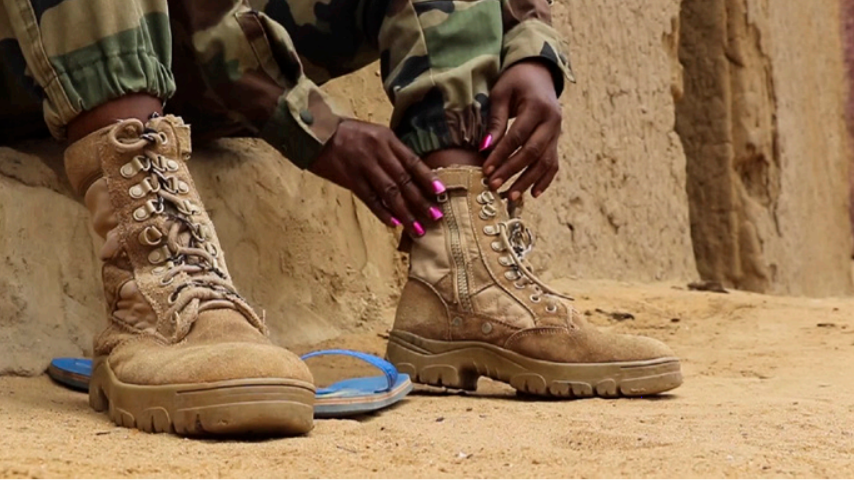How do social gender dynamics influence trajectories of young people towards new forms of violence? - A study conducted in Côte d’Ivoire and Mali

Trajectories of young people towards violence are generally not a result of indoctrination or the expression of youth frustration, but rather a result of the social dynamics and pressures exerted on them since childhood. Even though these pressures on boys and girls are of the same nature, young people’s responses to them are strongly structured by gender roles and norms.
In 2016, Interpeace and its partners Indigo Côte d’Ivoire and the Malian Institute of Action Research for Peace (IMRAP) conducted a participatory research entitled “Beyond Ideology and Greed: Trajectories of young people towards new forms of violence in Mali and Côte d’Ivoire”. This report highlighted how the educational crisis and the quest for meaning and social success have influenced vulnerable youth into joining socially-alternative groups – some of which are prone to violent acts. During the discussions and debates that followed its dissemination, several questions focused on how gender is also a key factor in determining young people’s trajectories towards new forms of violence. In this context, a complementary research process was conducted to deepen the understanding developed in the previous research on the impact of gender roles and social pressure.
The report is entitled “I walk with the boys”- Trajectories of young people towards violence: mirror of the gender dynamics of their society? A local analysis of gender roles and social pressures in Côte d’Ivoire and Mali.
Among the most important research findings, we found that: A). Society’s expectations of young people, whatever their gender, is focusing more and more on their economic contribution. In addition to that, the less privileged they are, the more pressure they are under to contribute. B). Though women take on a more important economic role, this does not ensure their “emancipation”. However, it does simultaneously bring on a crisis of masculinity, which nowadays creates a need for men to redefine themselves. C). Overly strict forms of authority and social control can push certain young people, both boys and girls, towards marginalization, and therefore lead some to carry out violent acts. And D). It is necessary to develop new success models for young boys and girls who have trouble identifying with social models set by traditional and community spheres, by their elders or by school.
Over a period of three months, from July to September 2017, the teams of researchers and facilitators from Indigo and IMRAP led consultations in Abobo and Bouaké in Côte d’Ivoire, and in Sikasso, Gao and Bamako in Mali. Through focus groups and individual interviews, the team of researchers engaged 203 young people. With the financial support of UNICEF, the research, published on November 2017, highlights how the gender dimension is crucial in understanding the social dynamics of young people’s participation in new forms of violence.
Find the detailed findings from this research process in French here, an illustrated summary in English here, and short video clips about the life trajectories of some Ivorian and Malian women and how they relate to violence and social pressure.
The realities illustrated in this document reveal complexities that a three-month research project cannot completely solve. More studies, of longer duration, will undoubtedly be necessary. But we must not stop there: the reflections drawn from this study should inspire concrete changes in the way of approaching this issue, because simple solutions do not exist.
These conclusions constitute the launching pad for a necessary collective action around the central question of success models set out for young people in the region.
